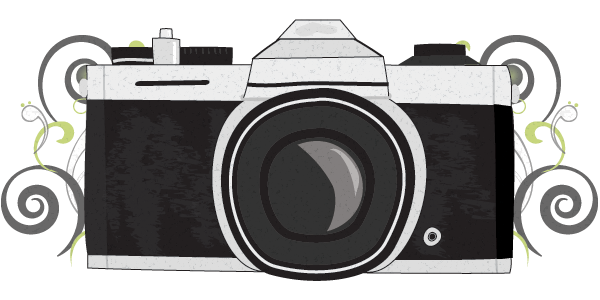Are bloggers journalists?
I believe that some bloggers are journalists. I do not see the housewife blogging about her day to day life and family vacations as a journalist, but I guess to some, her posts could be considered “news”.
Why or why not?
I believe “news” is in the eye of the beholder. I consider the start of the summer tour of my favorite band “news” but others may not. I think that the word “journalist” has a denotation that you have went to school, have a degree and work for some sort of publication, but the connotation nowadays has taken on more
Bloggers have been responsible for breaking and carrying news stories that have resulted in senators losing their jobs and possibly changed the course of the last presidential election. Is that good or bad?
Maybe bad for the senators who’ve lost their jobs and the candidates who’ve lost, but good for people who were more informed than they would have been otherwise. Blogs are another source for information. Just like any other outlet, if the source creditable then the information will fly.
Should bloggers have the same rights (to access events, interview, etc) and protections (not to have to reveal their sources) as nespaper and television reporters?
I’m not sure if there is a licensing procedure or some process for journalists that grants them the protections and rights, but I would say if there is, then as long as the blogger goes through the process, then why not grant them the same rights and protections
In your answer, consider a few hypothetical scenarios based on real-world incidents:
Scenario One: a reporter for a major newspaper reports, using anonymous sources, on a falsified government document. When the government agency attempts to force him to reveal his source, he refuses… and is protected by a “shield law” that he does not have to reveal those sources. A blogger breaks the exact same story at the exact same time. Should he receive the same protection? Would your answer change if you found out the blogger had been running a news and politics blog for years? What if she’d never posted a news story before but stumbled onto this one?
I feel like there has to be a standard. Like I mentioned before, I’m not sure if there is licensing or some process journalists have to go through for this protection. IF there is, then I feel to be protected, everyone has to go through the same process. I guess as a measure of fairness? I’m not sure how to put it, but there needs to be a standard.
Scenario Two: A blogger applies to receive press credentials so he can get into a political event. He is denied, because he’s “not a journalist,” even though many reporters are allowed in who have fewer readers than the blogger. Is that fair? Would it matter if, instead of news bloggers and newspaper reporters the same situation arose at a fashion show with a writer for a fashion magazine and a fashion blogger?
There should be a set standard for credentialing.

I agree with your assertion that “journalist” is a term that carries with it a framework of formalism, in contrast to blogging, but as evidenced by a number of voices in the readings, journalism is often associated with being fair and unbiased representative voice whereas blogging is often a more personal voice that is representative of the writer. Clearly, there are many more layers of nuance that underlie this conversation.
Is it the education and experience of the writer, the event/topic being covered, or the publishing platform used that qualifies a person as being a journalist? Again, in the question of bloggers being granted the same rights and protections as journalists, there are many varied perspectives and layers in the debate.
There is no single certifying authority for journalists, but if there were to be, which organization do you think it should be – a government, a corporation, a school or non-profit? Should those rights and protections blanket all of a writer’s future work after it’s been achieved? As it stands now, various organizations issue press passes, from governments to news corporations to event administrations. None of those passes protect the individuals legally, although they may help to get them access to events. On the flip side of the argument, there are clearly many people who feel that the rights and protections of the Constitution are not sufficient in protecting journalists. Does the current system adequately accommodate a growing landscape of writers, and should it? If all writers had the same rights and protections, would that have implications on how we as the news-consuming public process signal from noise and find truth and meaning?